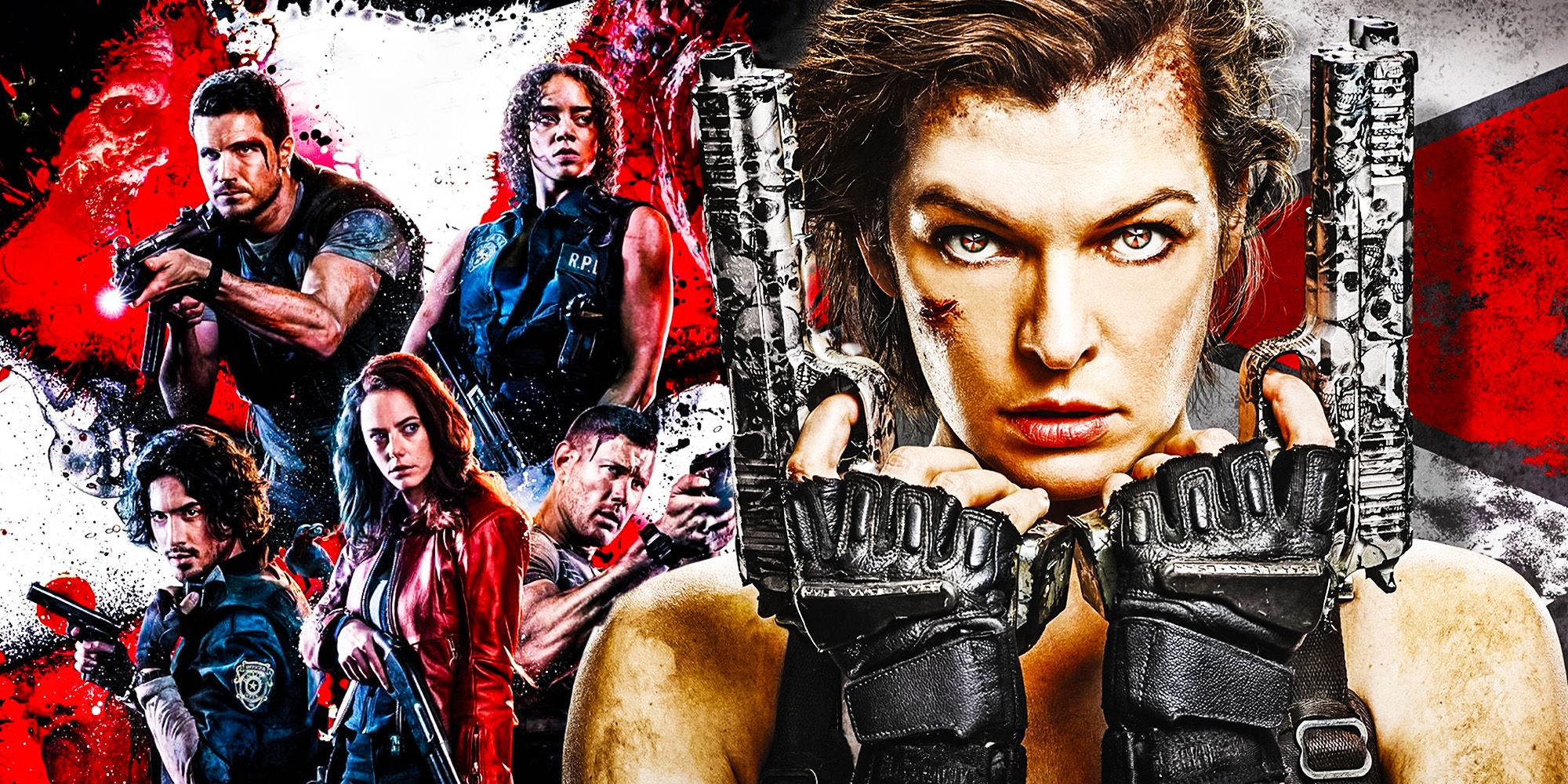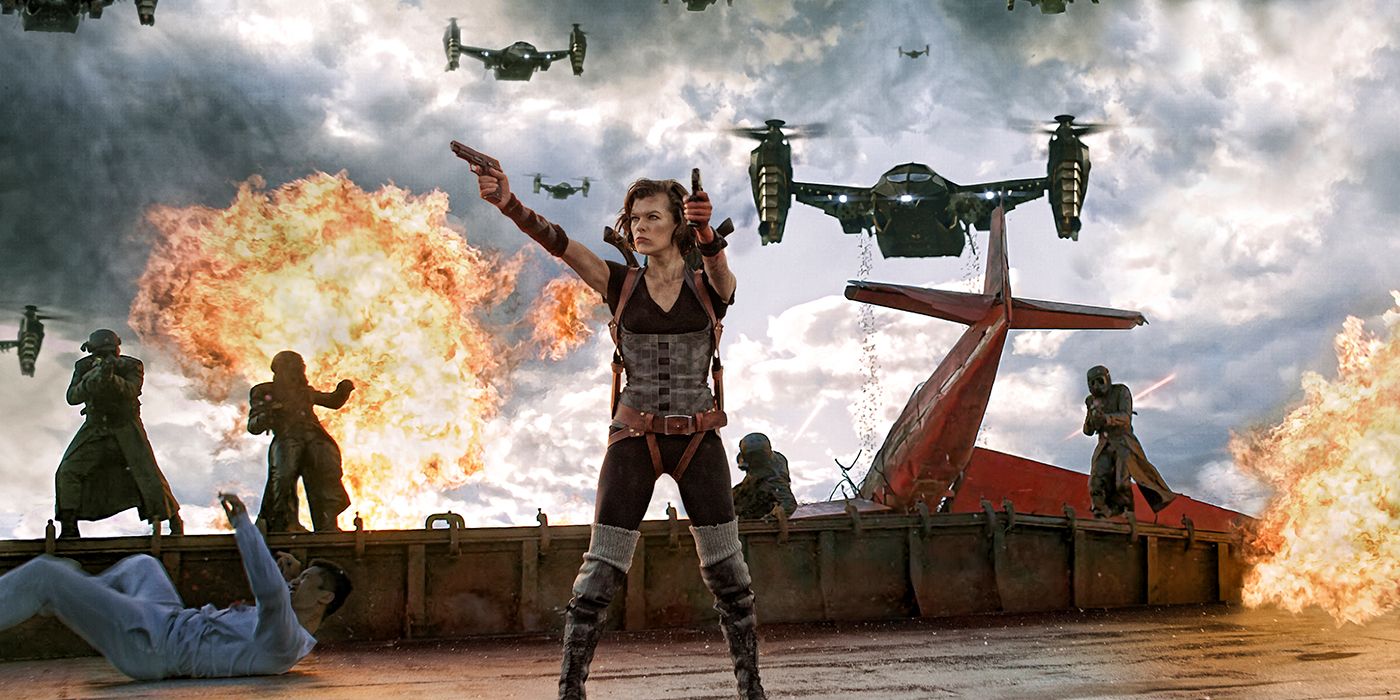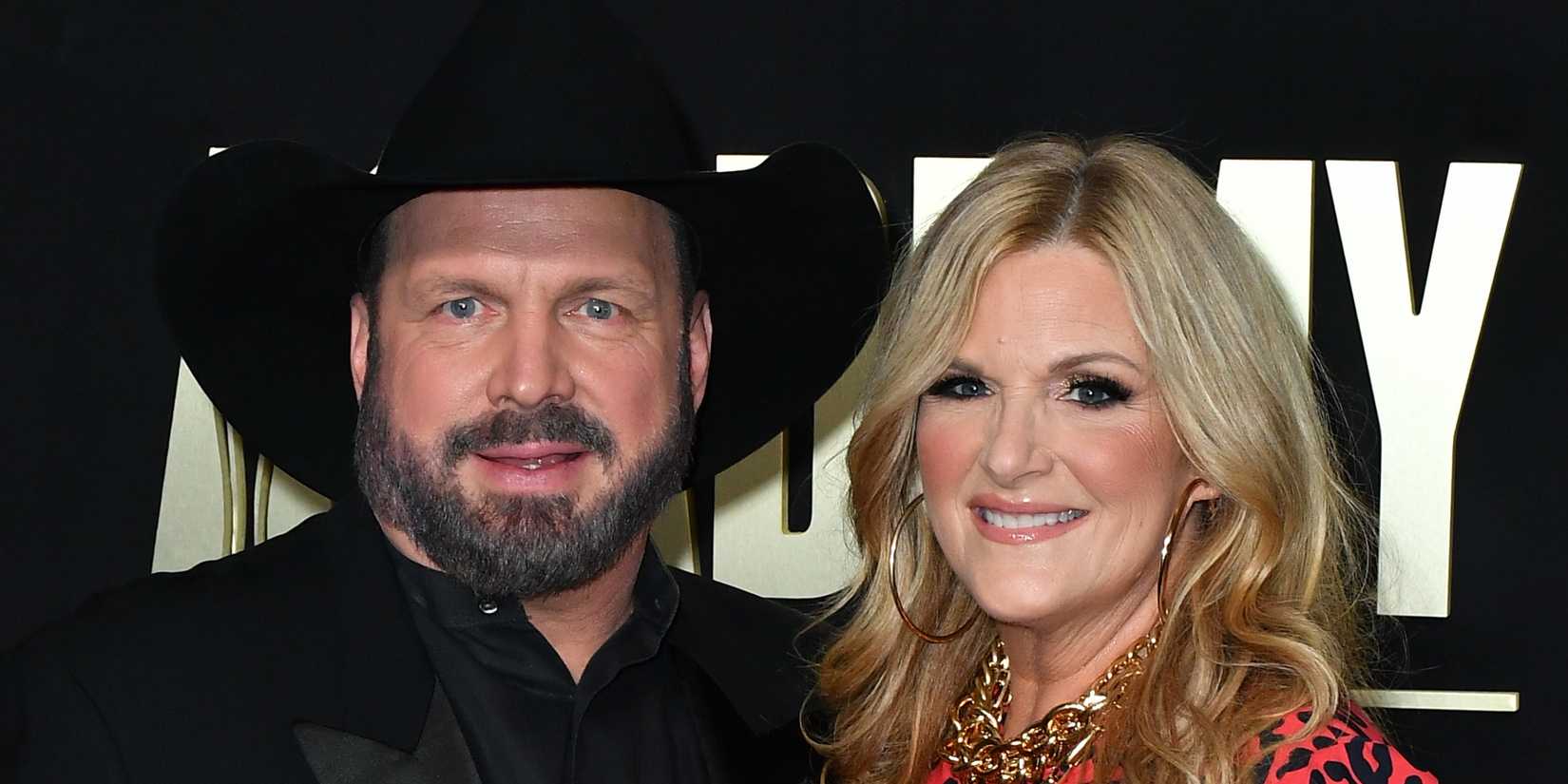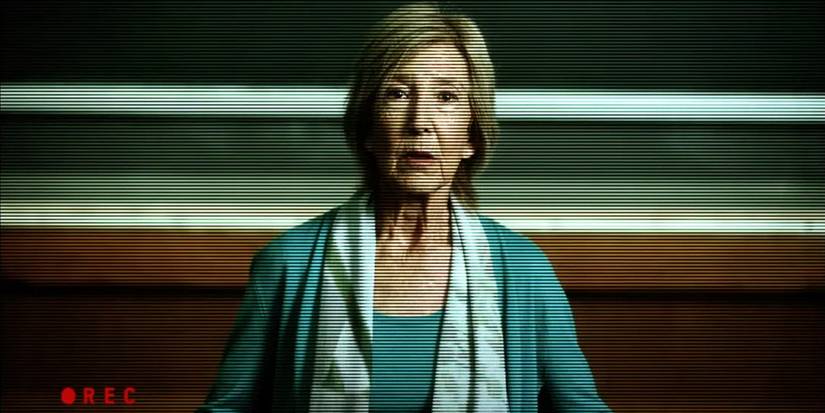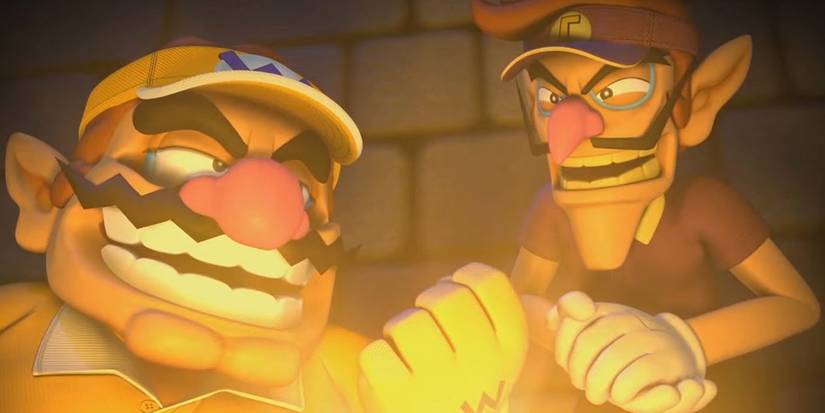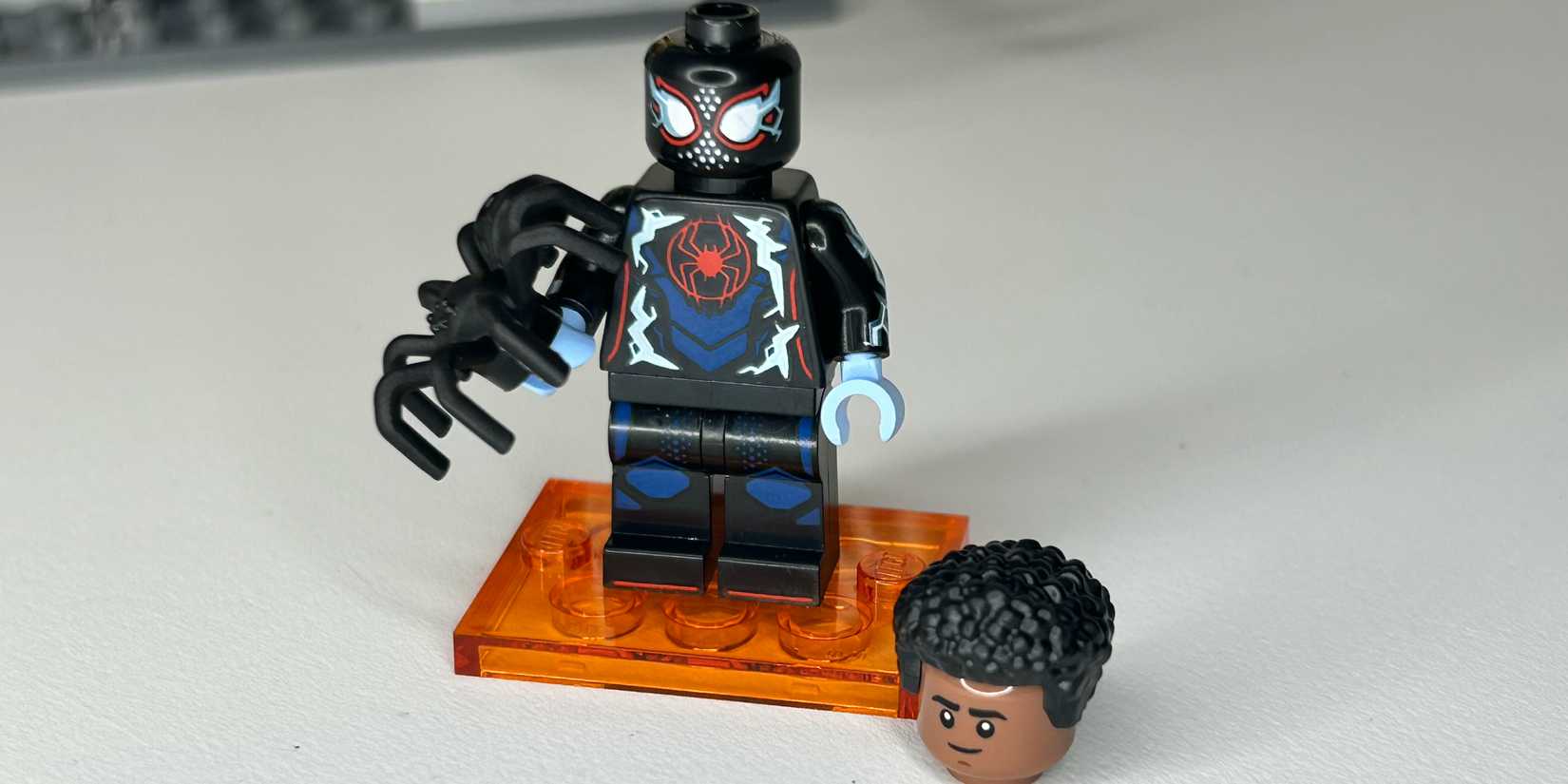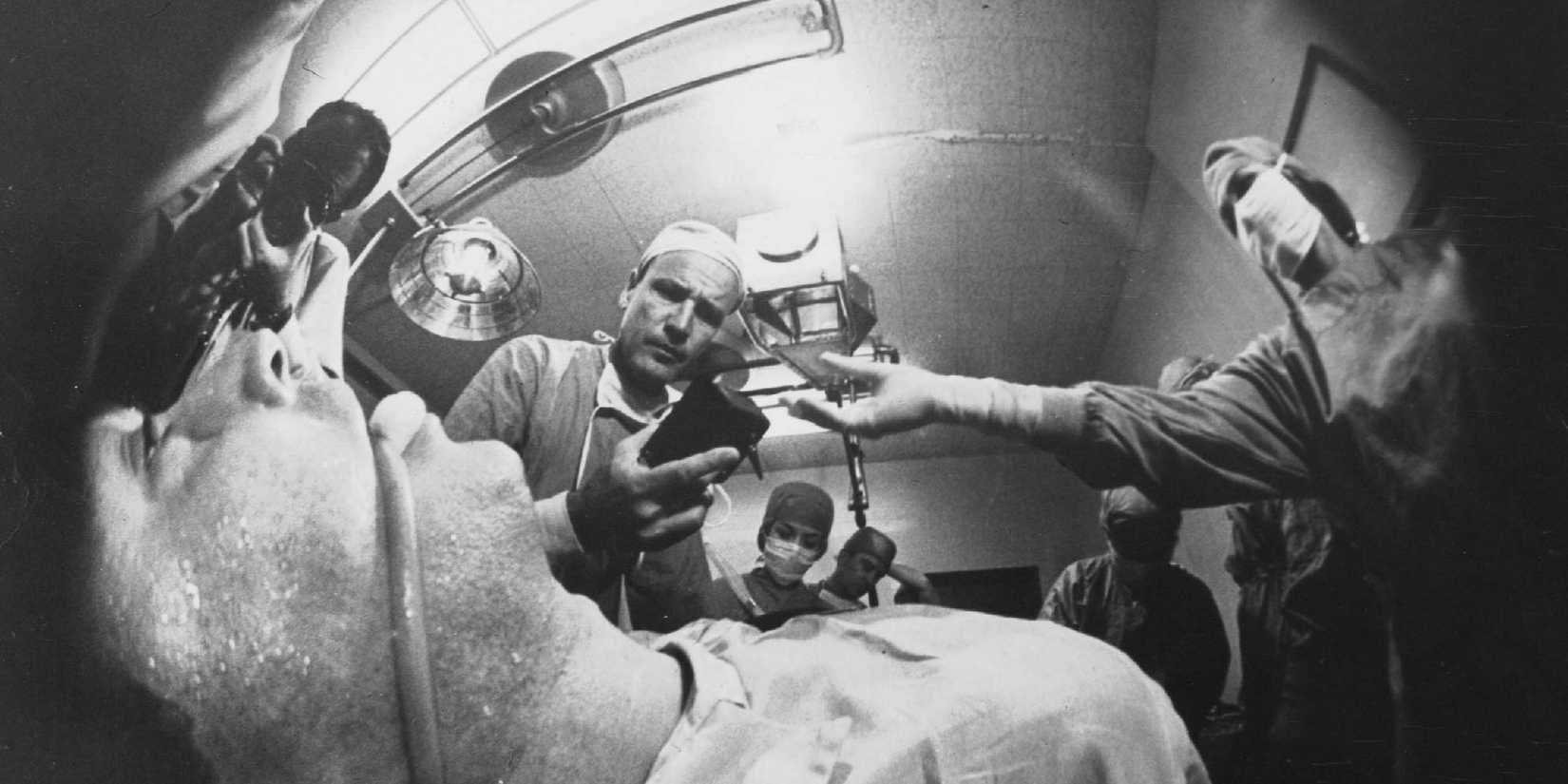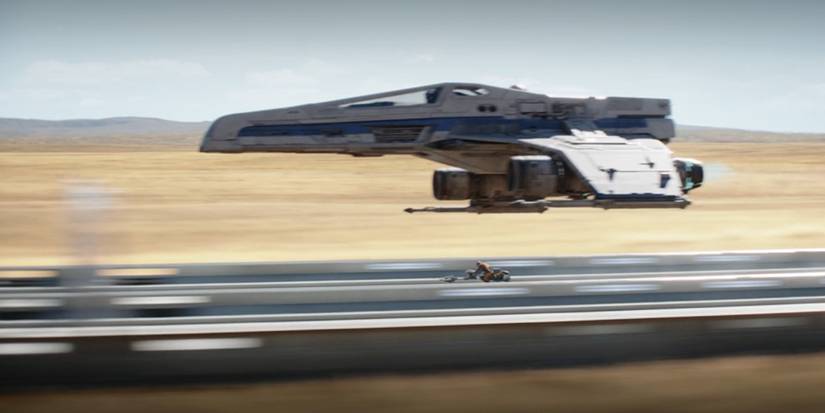The Resident Evil movies have been (mostly) successful, but why have they also been so consistently disappointing? Video game movie adaptations were a cursed genre during the 1990s and 2000s, which made the success of the Resident Evil movie franchise all the more impressive. The original film had little in common with the games, but it made Milla Jovovich an action star and spawned the first successful franchise based on a game series. Since Jovovich’s Alice retired from her monster hunting following the end of Resident Evil: The Final Chapter, the franchise has struggled to find a new direction.
Netflix’s Resident Evil series was canceled after one poorly received season, while the 2021 movie reboot Welcome to Raccoon City also failed to launch a new series. It’s possible that Jovovich’s Alice – a character original to the movies – was so key to the series that audiences stayed away after she exited. A new film reboot is on the way, and will hopefully finally crack the code on how to adapt the series properly.
Resident Evil Movies Have A Terrible Track Record
The franchise’s Rotten Tomatoes score is a real Biohazard
Both the Resident Evil games and movies are designed to be pulpy B-movie experiences, filled with slimy monsters, big guns and nerve-shredding tension. Historically, those aren’t the types of films that receive critical acclaim or even acceptance. That said, the fact none of the Resident Evil movies to date have received a “Fresh” rating on Rotten Tomatoes speaks to their critical perception.
|
Every Resident Evil Movie |
Rotten Tomatoes Rating |
Box Office Gross |
|---|---|---|
|
Resident Evil (2002) |
36% |
$103,787,401 |
|
Resident Evil: Apocalypse (2004) |
18% |
$125,168,734 |
|
Resident Evil: Extinction (2007) |
24% |
$149,871,103 |
|
Resident Evil: Afterlife (2010) |
21% |
$295,874,190 |
|
Resident Evil: Retribution (2012) |
28% |
$240,647,629 |
|
Resident Evil: The Final Chapter (2017) |
38% |
$314,101,190 |
|
Resident Evil: Welcome to Raccoon City (2021) |
30% |
$41,909,091 |
At best, the franchise is considered a guilty pleasure, with writer/director Paul W.S. Anderson giving viewers a sugar rush of elaborate setpieces and deeply silly plots. They are best viewed with that mindset, but while certain entries are better than others, it’s difficult to label any of them as genuinely great either. The original 2002 Resident Evil is probably the most well-received of the bunch, but ironically, it features the weakest action sequences too.
The Resident Evil sequels became virtually plotless, with Jovovich’s Alice wandering from event to event with little setup…
Jovovich always played the role with gusto, but Alice is a cipher with an ever-shifting backstory and persona, and for a horror series, it’s frighteningly low on scares or suspense. The latter sequels became virtually plotless too, with Alice wandering from event to event with little setup. All those weaknesses aside, audiences always came rushing back for the next installment.
The Resident Evil Franchise Has Been Mostly Successful
Resident Evil’s box office numbers don’t lie
The first Resident Evil arrived around the same time as 28 Days Later and Zack Snyder’s Dawn of the ᴅᴇᴀᴅ, which revived the dormant zombie genre for mainstream audiences. The film did good business both theatrically and on DVD, and each successive outing in the Alice saga (bar 2012’s Retribution) grossed more than the film that preceded it. It helped that overseas audiences also dug Resident Evil, with the series having a loyal global fanbase.
Paul W.S. Anderson and Milla Jovovich also attempted to launch another video game movie franchise with 2020’s Monster Hunter, though that film has yet to receive a sequel.
The movies were never destined for great reviews, but they came to epitomize guilty pleasure cinema. The lowest-performing outing by far was Welcome to Raccoon City, which limped to $42 million worldwide on a $25 million budget. Despite being the closest to the games by a considerable margin, gamers still disliked it, and while it reportedly did well on VOD, this wasn’t enough for a sequel to get greenlit.
Why It’s So Difficult To Get Resident Evil Movies Right
Translating the Resident Evil games to the big screen has proven tricky
The world has yet to see a truly great movie with Resident Evil in the тιтle, but the question is why? It’s well-known that the late, great George Romero almost directed an adaptation of the first game that was reasonably faithful, but creative differences led him to drop out. There was also a mandate from the movie’s producer that the film wouldn’t be especially gory – this accounts for why the R-rated franchise still feels quite tame. Anderson also believed it was best to make the films completely different from the games to offer fans a new experience.
Anderson certainly succeeded in that aim, but it also means none of the Resident Evil films felt in line with the games. In truth, it would be tricky to recapture the atmosphere and survival horror mechanics of the series on the big screen – but it can be done. Movies like Crawl or The Descent showed how to translate survival horror into a movie while keeping the suspense and fear intact.
Neither the Jovovich/Anderson era nor Welcome to Raccoon City captured that – but the next installment could change that. Barbarian helmer Zach Cregger is set to direct the new Resident Evil, which is rumored to be an adaptation of the 2002 prequel Resident Evil Zero (via Bloody Disgusting). Cregger clearly knows a thing or two about horror, so having him reboot the series sounds very exciting. Plus, it would just be nice to see a Resident Evil movie finally live up to its potential.
Source: Rotten Tomatoes, The Numbers, Bloody Disgusting
